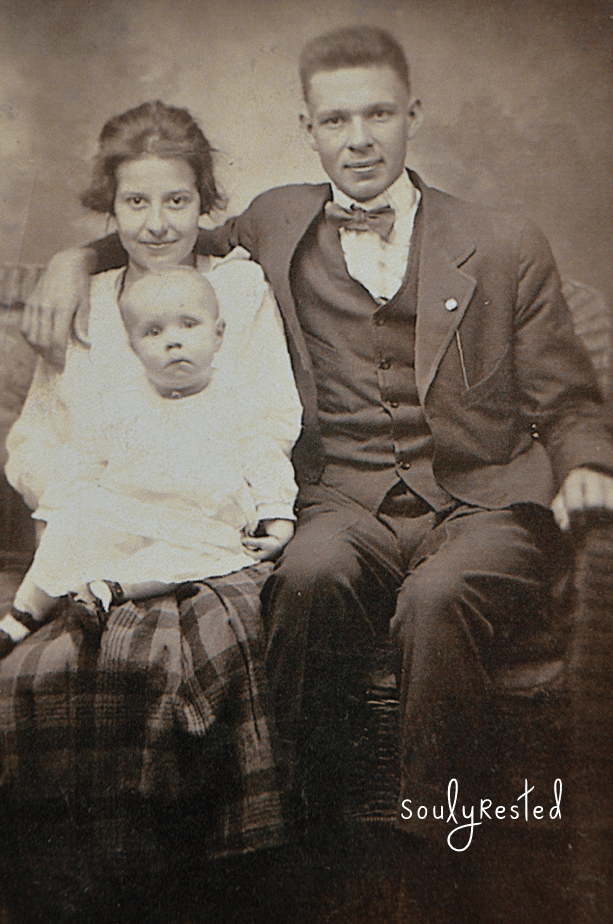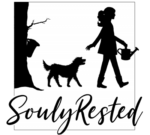Last Updated on June 20, 2024 by Michelle
Why are they called teenagers?
Nineteen. That’s how many days stood between me and my ability to claim I was mom to four teenager daughters at once. You see, my eldest crossed the threshold into 20 nineteen days before my baby turned 13. I was disappointed when I realized that never would all my daughters officially be “teenagers” at once.
I truly loved parenting in the teen years. The hard work of continual discipline and morality lessons had been done in the toddler and middle school years. My teens were so much fun to be around. They were independent teens who filled my days with deep belly laughs and my evenings with long, thought-provoking discussions. (Disclaimer: not unlike toddlers, teens still zap your sleep. The best talks aren’t even initiated until after midnight.)
But others don’t seem to agree with me; some feel it’s torture to have any teenagers under their roof. When did raising teenagers get such a bad rap?
The word “teenager” didn’t exist before the 1940s
Believe it or not, the answer is in this book. Or actually the answer is in what’s NOT in this book:

I became the new owner of this amazing old treasure at our library book sale. It’s dusty. It’s huge. It’s a tome of words… a dictionary printed in 1920.
A daughter sauntered over to me as I perused the historical fiction table and announced I had to see THIS. She knew I’d love it.
In excitement she pulled me–literally pulled me–three tables down and a row over. “Look!” was her one-word invitation to glance at the richly marbled end papers and water stained, worn, embossed cover as she gingerly turned some of its thousands of pages of vernacular expressions, idioms, and agricultural and botanic terms from 1920.
I knew one particular entry I wanted to look for immediately. I’d heard this word didn’t exist prior to WWII. I’d heard this word was simply never a thought in a parent’s mind. It’s a word I use sparingly. It’s a word I dislike because of what it stands for.
Before telling you the word I was looking up and why, I have a family photo to share with you.
This photo of my granddad and grandmother was taken around the same time that this amazing dictionary was coming off the printing press. It’s of my Dad’s parents and his oldest sibling.

My grandparents are 17 and 19 in the picture, with their first of 10 children sitting on grandmom’s lap. They knew how to raise food and make meals from scratch, or “off the land,” as my dad always said. They knew true adult joys and hardships and responsibilities.
What does this have to do with my daughter’s wonderful dictionary find? Well the word I immediately went looking for was one that didn’t exist when it was printed or when this sweet photo was taken of Jim and Rosa and my Aunt Pauline. (Read this post if you’d like to know more about Pauline, that captivating little girl in the photograph.)
You see, the dictionary printed in 1920 has no entry for “teenager.” The term wasn’t coined for quite a few more decades.
Why I don’t use the term “teenager”
To be honest, I don’t use the term “teenager” often. I despise what it stands for.
You see, the word “teenager” evolved in our society after WWII, in an attempt to let children stay children a little longer, after witnessing too many youth go off to war and never return.
So young people who used to long to be mature and work side-by-side with adults, learning adult skills, were encouraged to hold onto their childhoods and not worry about responsibilities or independence.
But soon adults started lamenting the irresponsible “teenagers” that resulted. In truth, young adults don’t want to be indulged and given more time to be kids. Young adults enjoy working elbow-to-elbow with skilled adults who can teach them life skills.
Young adults crave life skills. Young adults crave independence. Young adults long to gracefully slip into adulthood. But they can’t do that if they’re ill prepared to do so. They can’t do that if they’re overprotected as “teenagers.”
Why I do work hard at relationships with my young adult children
I recently interviewed Chris Coursey, author of 4 Habits of a Joy-Filled Life, on the Simple Doesn’t Mean Easy podcast and learned something fascinating about the young adult brain.
We all–at every age–need moments of high-energy joy and low-energy rest throughout our days. They are two sides of the same coin and both are necessary. But young adults, in the 13-16 year range specifically, have a lot of trouble with resting. The hormones keep the brain very active, and without the much-needed counterbalance of rest, young adults often need reliable, caring relationships with parents more than ever.
Listen in to the episode here: How joy fuels our brains & improves our health, with Chris Coursey, Season 5 Episode 14 of the Simple Doesn’t Mean Easy Podcast
Or here:
Or watch the full episode here:
Why teens shouldn’t “embrace their childhood”
So, no, my heirloom picture boasts of no “teenagers.” Jim and Rosa would have would have surely scoffed at the idea of “embracing their childhood a little longer.” There were farm fields to tend, food to can, clothes to mend, and a fulfilling life to live.
And my home didn’t really ever boast of “teenagers” either.

I choose to not use the word if I didn’t have to.
When each daughter turned 13 we actually sat down (usually over a mom-daughter lunch at her favorite sandwich shop) and talked about this little history lesson and I assured her I was there to help her gracefully slip into adulthood in the wonderful 5 years ahead.
I assured her I had no intention of coddling her or asking her to stay my baby (not that we couldn’t reminisce and pull out that adorable baby book any old time she wanted to, mind you), but instead I was eager to help her develop all those amazing talents and skills she was discovering that she had.
Mind you, I didn’t tell her to follow Rosa’s example with a husband beside her and a babe on her lap at 17, but I did encourage her to know that she had great abilities already and we would hone those skills in the years ahead and she would be taking the world by storm before we knew it.
More about parenting (and “teenagers”)
Encourage your child to be an entrepreneur
Help your children be philanthropic
Your child’s “small” interests can make a big impact
Free resources to Help you Homeschool Children Who Change the World
Tips and Life Hacks from 11 Encouraging Moms, including Michelle
“Whatever you do, work at it with all your heart, as working for the Lord.” Col. 3:23
Pin this for later!
Click on the image below to pin this post.
Find out why SoulyRested was considered to be one of the Top Homesteading Blogs.
Glance at my Resource Page if you’d like to get a glimpse of all the supplies I use and recommend for everything from gardening, to homeschooling, to chicken care, to nature journaling, to maple syrup making.
I’d love to connect!
To find me in some other neck of the woods, just click any (or every!) icon below:







